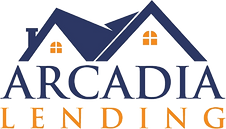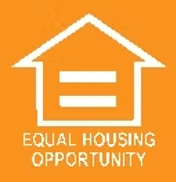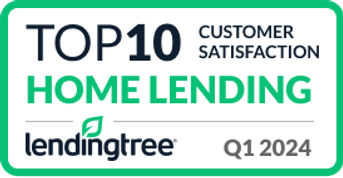FAQ: Frequently Asked Questions
1. How much cash will I need to purchase a home?
The amount of cash that is necessary depends on a number of items. Generally speaking, you will need to supply:
1) Earnest Money: The deposit that is supplied when you make an offer on the house
2) Down Payment: A percentage of the cost of the home that is due at settlement
3) Closing Costs: Costs associated with processing paperwork to purchase or refinance a house
2. What does my mortgage payment include?
For most homeowners, the monthly mortgage payments include three separate parts:
1) Principal: Repayment on the amount borrowed
2) Interest: Payment to the lender for the amount borrowed
3) Taxes & Insurance: Monthly payments are normally made into a special escrow account for items like hazard insurance and property taxes. This feature is sometimes optional, in which case the fees will be paid by you directly to the County Tax Assessor and property insurance company.
3. How do I know which type of mortgage is best for me?
There is no simple formula to determine the type of mortgage that is best for you. This choice depends on a number of factors, including your current financial picture and how long you intend to keep your house. Arcadia Lending can help you evaluate your choices and help you to make the most appropriate decision.
4. Can I use some of my IRA or 401(K) plan for a down payment?
Yes, you can. Rules regarding the use of these funds are always changing. Be sure to contact your accountant or financial advisor to inform you of your best options.
5. How do I know how much house I can afford?
Generally speaking, you can purchase a home with a value of two or three times your annual household income. However, the amount that you can borrow will also depend upon your employment history, credit history, current savings and debts, and the amount of down payment you are willing to make. You may also be able to take advantage of special loan programs for first time buyers to purchase a home with a higher value. Give us a call and we can help you determine exactly how much you can afford.
6. Can I use a cash-out refinance to pay off my debts?
Yes, if you are eligible for a mortgage refinance and have built up equity in your home, you may be eligible to conduct a cash-out refinance. You can use the funds to pay off other debts, but keep in mind that while you enjoy a lower interest rate on your mortgage, your monthly payment might go up in the process.
7. How does my credit score impact my mortgage?
Your credit score will affect your mortgage rate, Loan-to-Value (LTV) ratio, loan program eligibility, leniency from lenders, and your Private Mortgage Insurance (PMI) as applicable. A mortgage broker can advise as to how to help increase your credit score if necessary.
8. What is the difference between a mortgage broker and a bank lender?
A mortgage broker serves as a middleman between you and the financial lender. A mortgage broker will advocate on your behalf to make sure you get the best mortgage for your particular situation. A bank lender is the financial institution that offers and underwrites the home loan.








